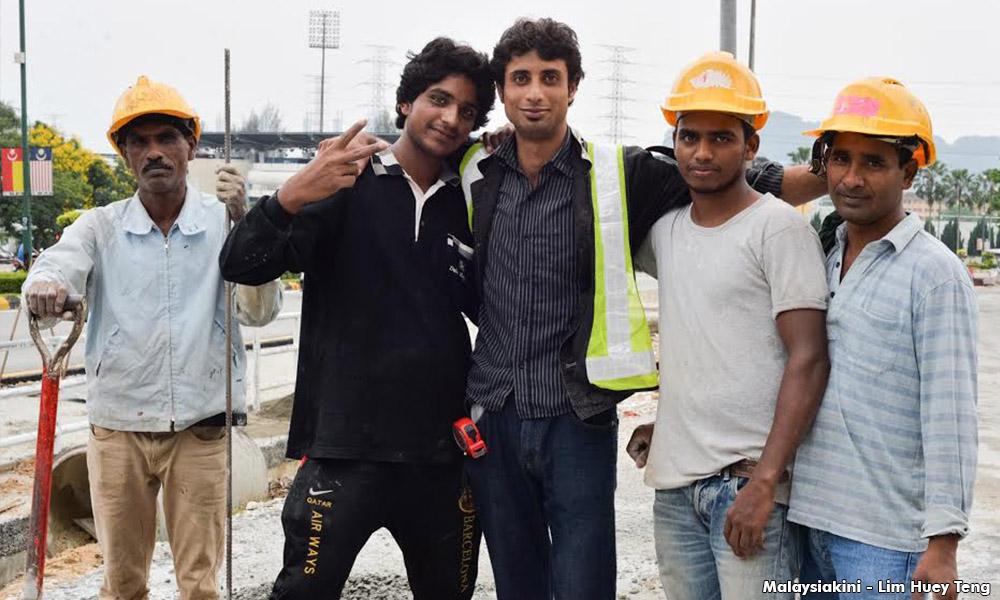MP SPEAKS | Besides having to deal with a weakening ringgit and slowing economy, the small and medium enterprises (SMEs) were served a double whammy when the federal government adjusted the minimum wage and increased the levy payment for foreign workers.
As the former minister in charge of the SMEs in the past four years, I feel the need to voice out several concerns on behalf of the SMEs, for the government’s consideration:
1. According to the Pakatan Harapan election manifesto, the coalition would equalise the minimum wage in both East and West Malaysia in the first 100 days of its administration. It proposed to raise the amount to RM1,500 per month nationwide, from the current RM1,000 in peninsular Malaysia and RM920 in Sabah and Sarawak.
To reduce the burden on employers, Harapan promised to share 50 percent of the increment, which was RM250 in the case of West Malaysia. However, the Harapan government is now setting the uniformed minimum wage at only RM1,050 per month, which is a mere increment of RM50. And it added that no subsidies would be granted to employers. Harapan is clearly going back on its word and has failed to keep its election promise.
With the high cost of living, the measly increment of RM50 has no real impact on the employees. My proposal to the government is: increase the minimum salary of government servants to RM1,500; and introduce other practical measures that could bypass legal restraints for workers in the private sector (details below).
2. Out of the 15 million-strong workforce in the country, only 100,000 earn less than RM1,100. If they are given skills training, a pay increase lies in store for them for their enhanced skills. As such, there is no need to introduce the negligible minimum wage adjustment of RM1,050 for both foreign and local workers.

With targeted training, the skills of Malaysian workers will be enhanced, leading to increased production that would benefit the SMEs. As a member of the International Labour Organisation, Malaysia is bound by the convention that minimum wage applies to the millions of foreign workers too.
As such, the minimum wage adjustment will surely put a strain on SMEs that rely on foreign labour. Those that cannot rise to the challenge will be forced to fold and the government will lose out on these enterprises’ income tax contribution. Surely the Pakatan government does not wish to see this happening?
3. Human Resources Minister M Kulasegaran announced on Sept 12 that a yearly RM10,000 levy will be imposed on migrant workers who have been employed for 10 years and wish to extend their employment duration. He stressed that it was a cabinet decision and so there seemed to be no room for negotiation.
What’s with this exorbitant levy, Mr Minister and Harapan government? If a foreign labourer has been working here for more than a decade, we can assume that he is loyal to his company and has attained the necessary skills to perform his job, and we all know that an experienced worker is instrumental in ensuring productivity.
From an annual levy of RM1,850, the government is hiking up the amount to a whopping RM10,000. Such a hike is illogical and will force the employers to bring in new foreign workers. Can we expect these inexperienced newcomers to be efficient and to boost our country’s productivity?
The Harapan government should spend more time to do its homework. The minister should also go to the ground to get a proper understanding of the predicament of SMEs and review all the unreasonable decisions. If they only draft their policies based on their imagination, the market is the one that will suffer.
WEE KA SIONG is the Member of Parliament for Ayer Hitam, Johor, and currently deputy president of the MCA.

